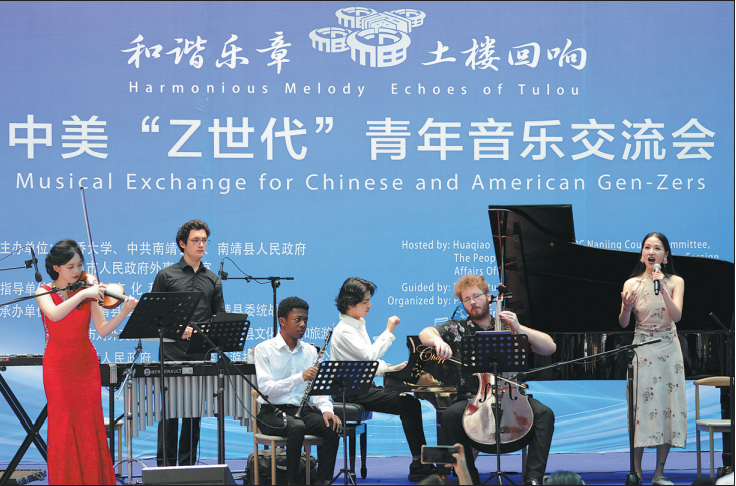
Ruan Yangyang (center), a pianist from Nanjing county in Fujian province, performs with other young musicians, including students from the United States, at a concert in Zhangzhou on Tuesday. A group of 110 students from the U.S. are on a visit to Fujian and will cover Xiamen, Quanzhou and Zhangzhou over 10 days as part of an exchange program. (ZHANG JINCHUAN/CHINA NEWS SERVICE)
U.S. college students are experiencing China firsthand through a cultural exchange program that aims to dispel stereotypes and foster environmental awareness.
The China-U.S. Youth Exchange Camp, which began on Monday at the Xiamen campus of Huaqiao University, is jointly organized by the Fujian Provincial Department of Education and Huaqiao University. About 110 students from the United States will visit cities including Xiamen, Quanzhou and Zhangzhou during the 10-day exchange program, which is focused on music, the environment and culture.
Han Mei, director of the Chinese Music and Culture Center at Tennessee State University, said the U.S. students had been diligently preparing for months, studying and practicing Chinese musical instruments. Han and two other teachers are leading a group of 16 TSU students at the camp.
The camp aims to promote educational exchanges and cooperation between Fujian province and the U.S., fostering mutual understanding and building bridges for future cooperation between young people from both countries.
Beyond cultural immersion, the camp prioritizes environmental sustainability. Students participated in "Xiamen Practice" environmental volunteer activities, gaining firsthand knowledge of river management and ecological governance. They cleaned tidal flats of garbage and learned about "sponge campus" construction, a water management system.
"We in America get a lot of interesting things told to us about the people here and the culture," said William Sprayberry, a freshman at Middle Tennessee State University.
"But you don't really see that as reality because it's so far from our everyday depictions of China. As a matter of fact, we're all just people. We have different cultures, different customs, but at the end of the day, we're all just trying to live here."








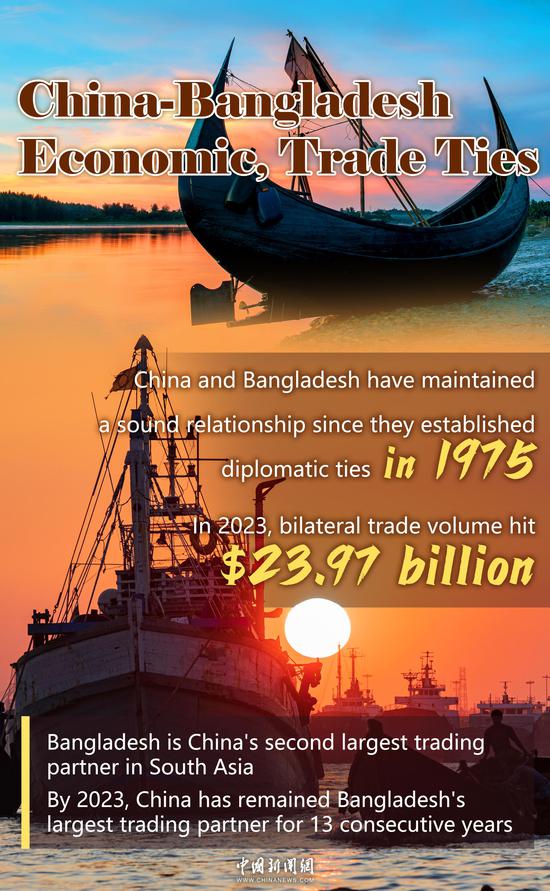
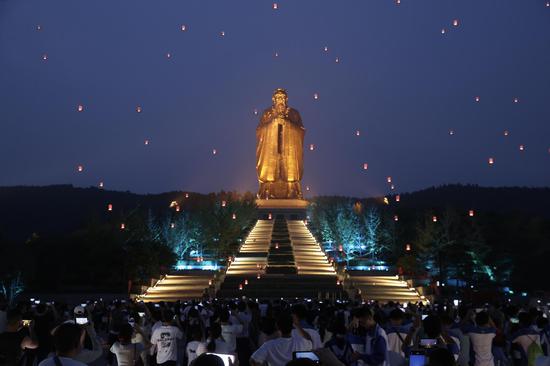

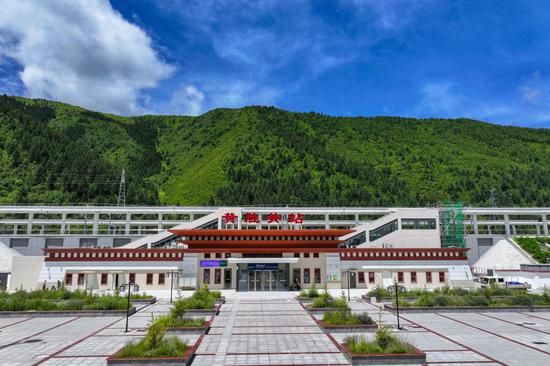
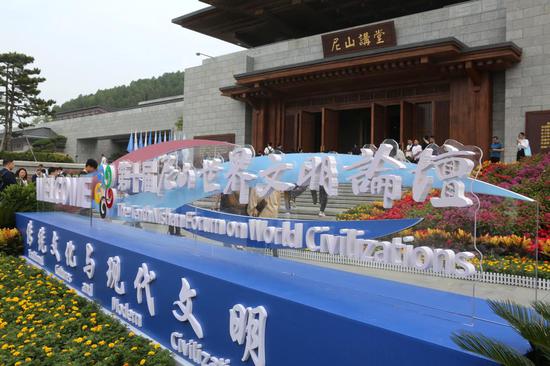
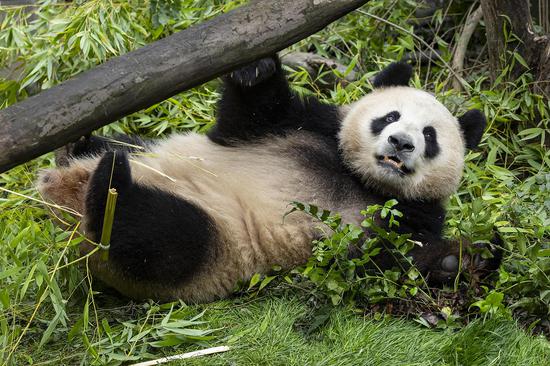
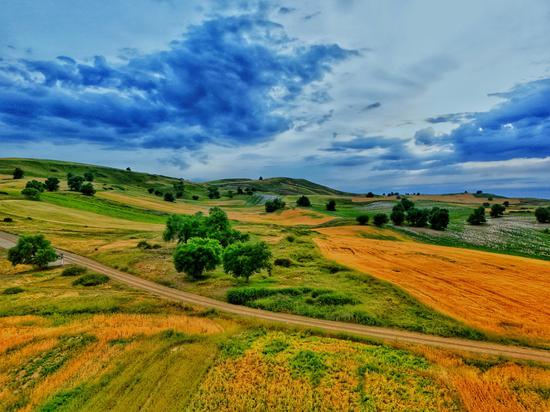
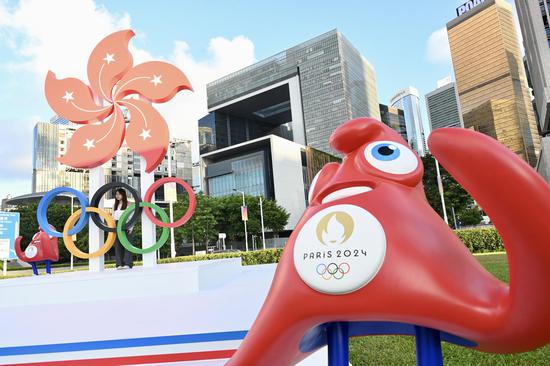
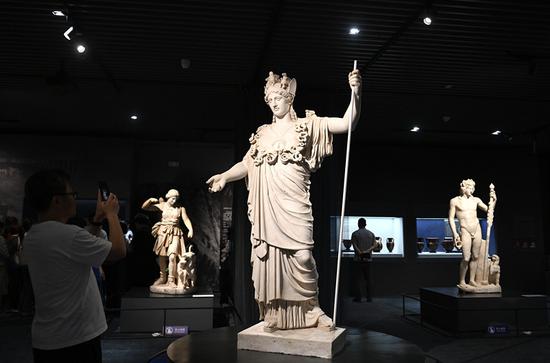
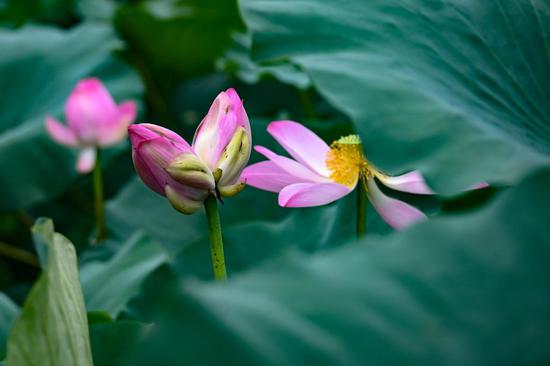

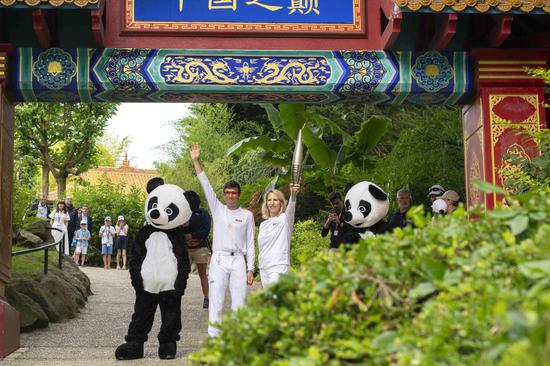


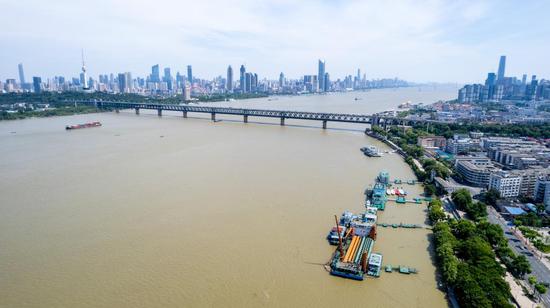
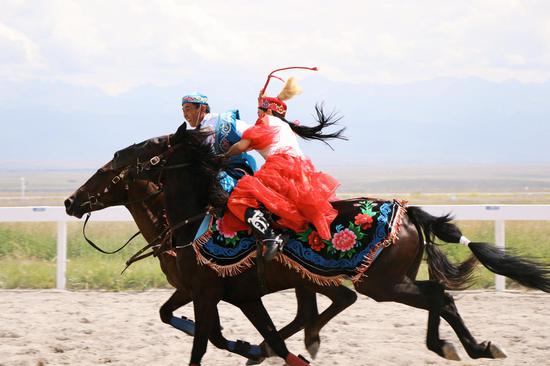
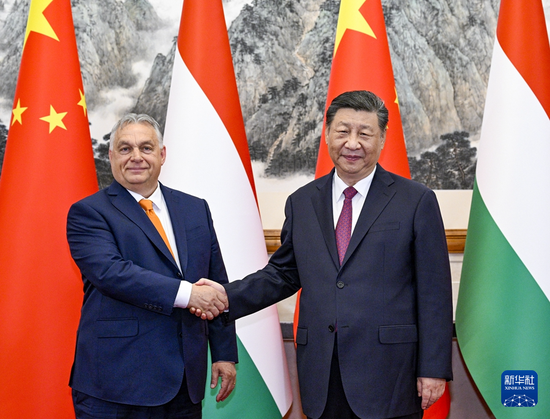
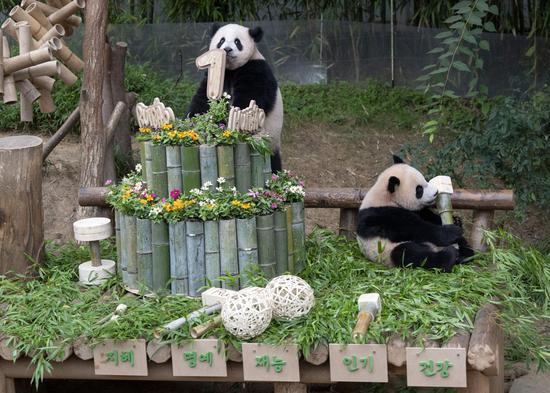
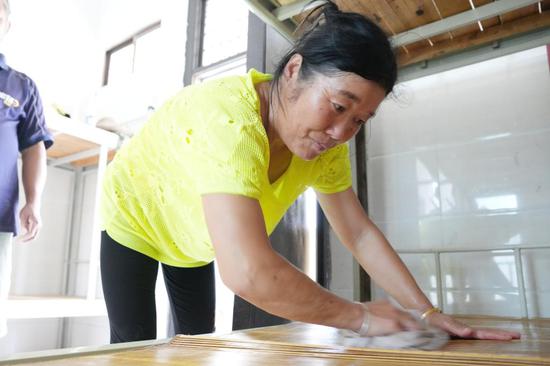

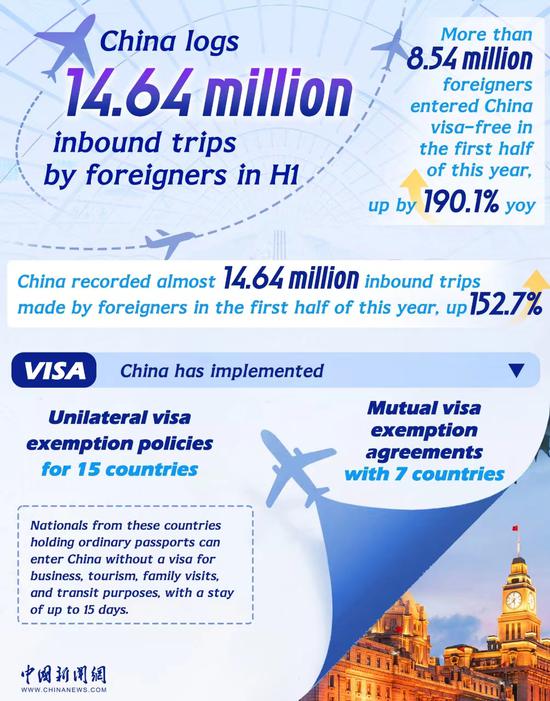
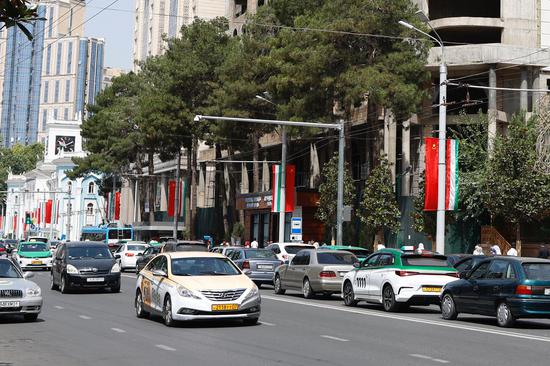

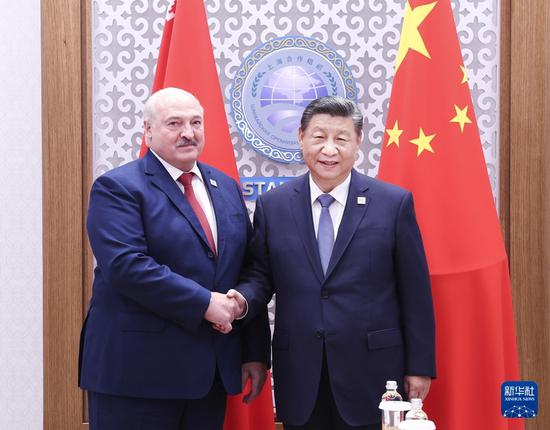
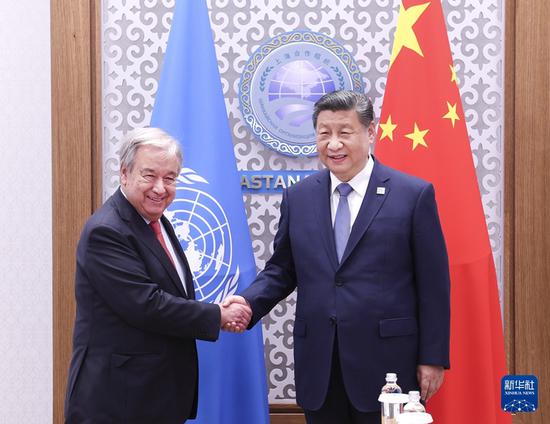
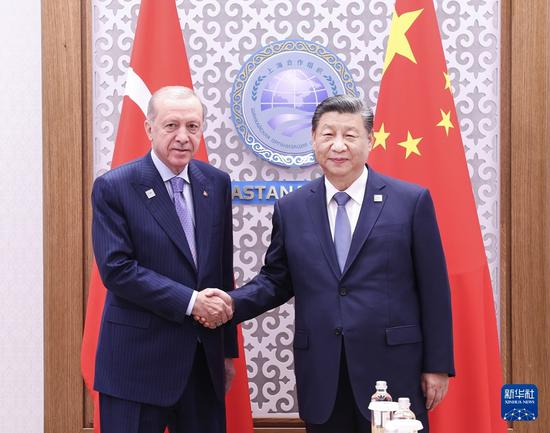
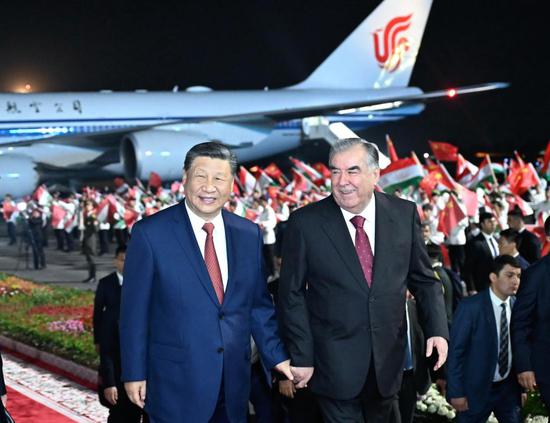
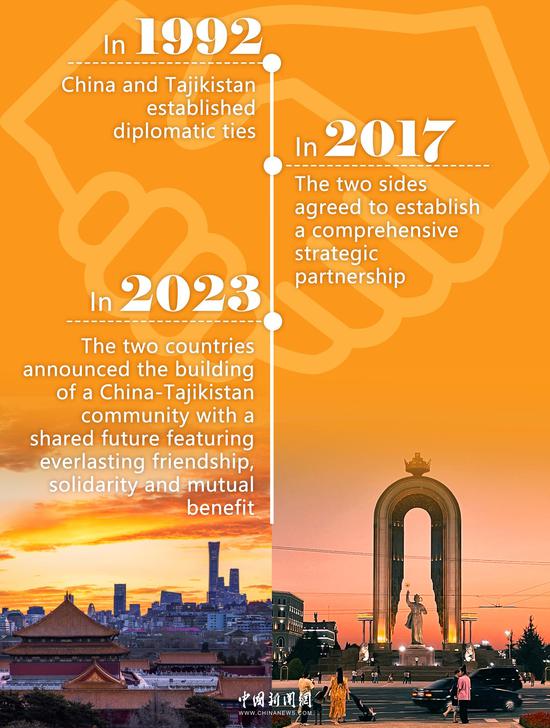
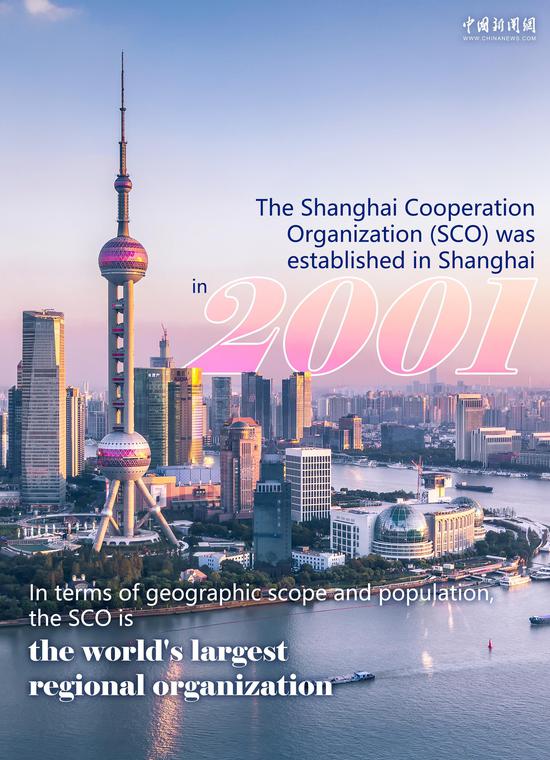

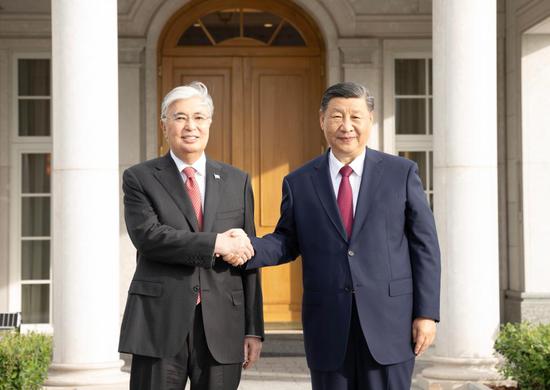
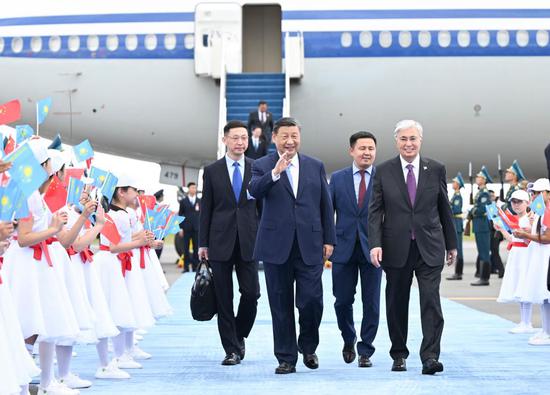
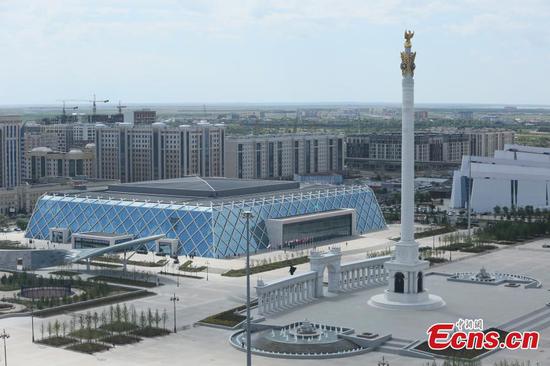
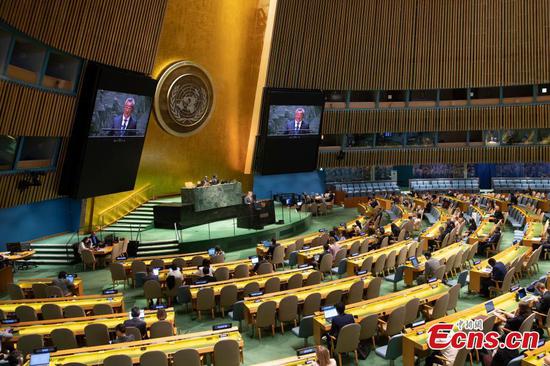


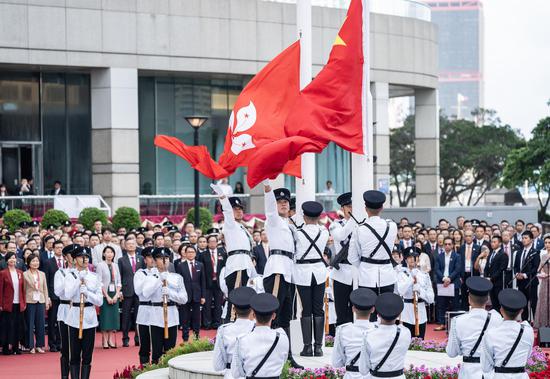

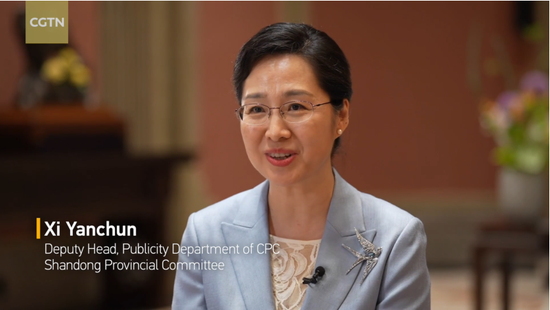



 京公网安备 11010202009201号
京公网安备 11010202009201号